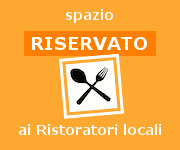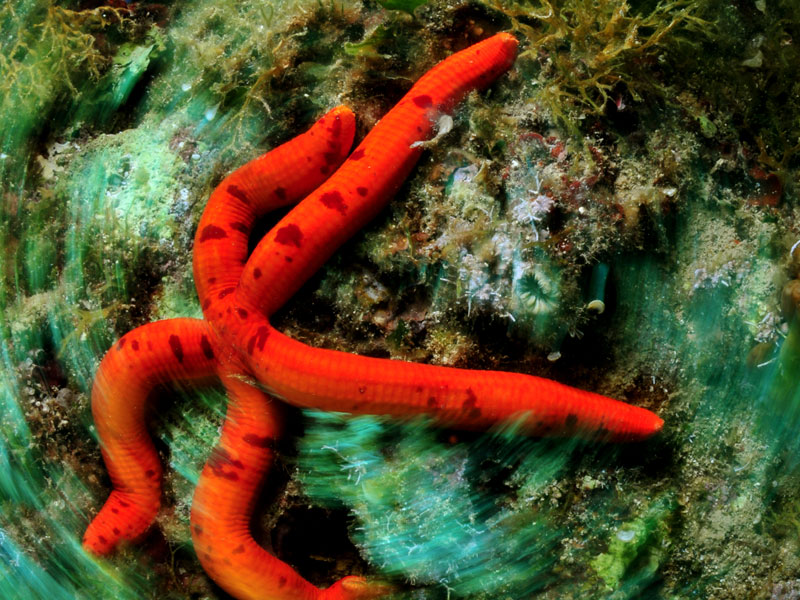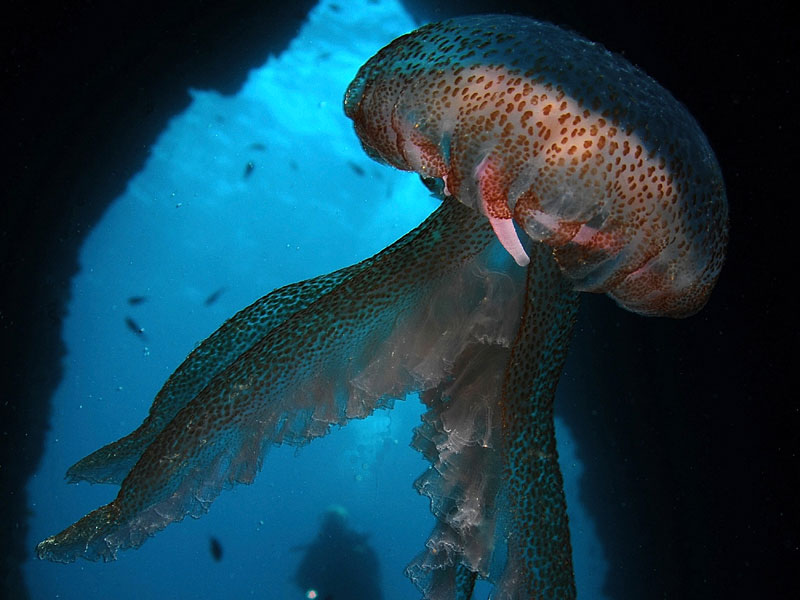Protected Area
Identity Card
- Sea Surface Area: 2'429.00 ha
- Regions: Sicilia
- Provinces: Siracusa
- Municipalities: Siracusa
- Establishment Measures: DM 15/09/2004
- PA Official List: EUAP0512
- Park Authority: Consorzio Plemmirio
In the Heart of the Mediterranean
Imagine an ancient island with the Castle watching over it on the one
side, a triangle of land moving towards the dark blue Jonian Sea on the
other side, and in the middle, the natural Great Harbor, which has
always been object of dispute and ancient battles at sea. A
mythological scenery? I don't think so; on the contrary, it is so real
that it has become the natural proscenium for the creation and
establishment of Plemmirio Marine Protected Area.
Siracusa is a
town with a very ancient seafaring tradition, a cultural reference
point for the Mediterranean area, dominated since ancient times by
history and nature. Plemmirio is an ancient sea, where the Carthaginian
belligerent fleets sailed together with the Greek and Roman trade
boats. Still today there are clear evidences of this past, of which
this sea is a jealous keeper: it offers us the opportunity to discover
an underwater archaeological itinerary with fragments of pottery and
amphora necks, wooden finds and anchors of various size. Another
interesting underwater aspect is represented by the several caves dug
in time in the bare white and calcareous rock. With spectacular
sceneries and with their several inhabitants, they make our diving more
evocative and magic. The extraordinary submerged seabed is very rich in
any marine species populating the Mediterranean.
However, the Protected Area does not only mean sea. All around it, in a
Mediterranean maquis dominated by the presence of the fan palm, life
flourishes. Not far, in the wet and brackish area of the muddy lands,
once saltpans, in spring and autumn we might admire the elegant and
sinuous flight of the Greater Flamingo. And finally Siracusa,
motherland and cradle of the Magna Graecia culture, present everywhere:
in architecture, theater, gastronomy, people. Nature, culture, myths
and tales find here their natural source and setting.
Plemmirio Marine Protected Area
Geography and Geomorphology
The coastal strip
between Punta Castellucio and Capo Murro di Porco is in the east of
I.G.M. table, called Siracusa. This stretch of coast represents the
eastern side of Penisola Maddalena, in the south of the town of
Siracusa.
Further info
Archeology and Human Landscape
The eastern coast of Penisola Maddalena, well-known by local people as "Isola", has always been characterized, because of its proximity to
Siracusa, by human interventions carried out for different purposes and
showing the close relationship between this strip of coast and the
Greek town.
Further info
Flora and Fauna
The flora in this area is typical of the rocky, arid sub-tropical areas
and is characterized by characteristic essences of the Mediterranean basin.
The area is dominated by halophile-rocky vegetation and fan palm
garigue (a protected species), here represented by the largest palm
grove of the province (almost one square kilometer).
Further info
The Sea
In spite of its proximity to Siracusa, the sea of Penisola Maddalena
still offers several biological surprises and wonderful seabed to
sea-lovers and experts in the field.
From Capo Castelluccio to Punta Tavernara, the seabed is low and
regular for several hundred meters, then it suddenly falls to reach
greater depths. From Punta Tavernara to Capo Murro di Porco, the seabed
reaches over 30-40 meters of depth even close to the shore.
Further info










